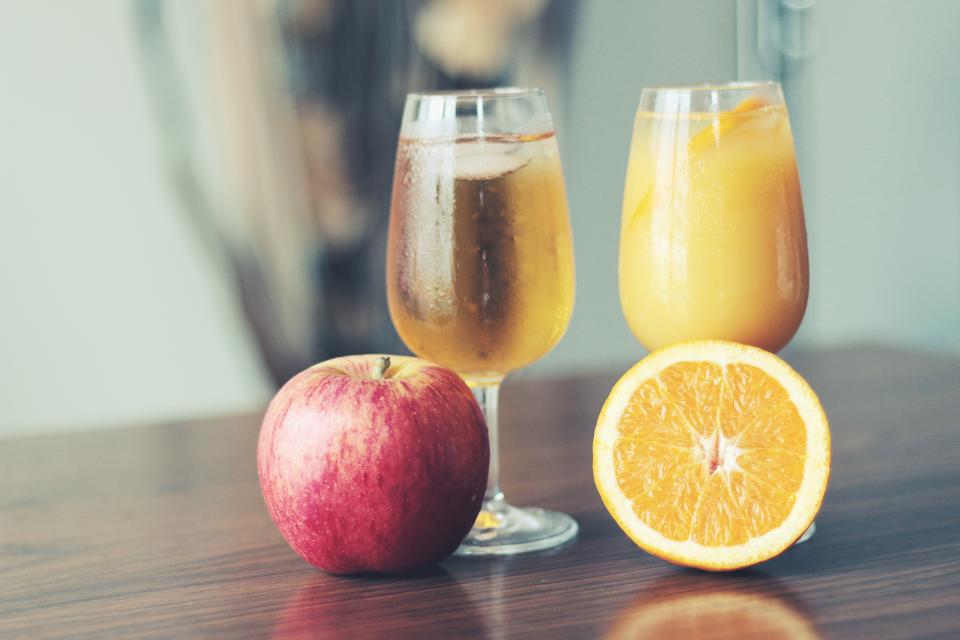
- Better Society -
- 3mins -
- 127 views
Will the sugar tax leave a bitter taste for UK drinks makers?
The new UK levy on sugary drinks is an attempt to tackle the rise in obesity and Type 2 diabetes statistics, with money raised going to education programs.
A sugar tax is coming to the UK
On April 6 a ‘Sugar Tax’ was introduced across the United Kingdom. The Soft Drinks Industry Levy — to give it its official title — is part of an attempt by the government to curb rising levels of obesity and type 2 diabetes. Money raised as part of the levy will go to the Department for Education. The tax is estimated to raise around £520 million which will be used to fund sports in primary schools.
‘Sugar Tax’ aimed at drinks with a total sugar content over 5g per 100ml
The Soft Drinks Industry Levy, or ‘Sugar Tax’, will be levied at beverages with a total sugar content over 5g per 100ml.
Back in March of 2016 the government announced that a tax on sugary soft drinks would be introduced in the UK from 2018. Long-time campaigners rejoiced at the news as former chancellor George Osborne declared the government was committed to tackling rising rates of obesity and type 2 diabetes.
The levy will tax the soft drinks industry for total sugar content over 5g per 100ml and apply to well known brands such as Coca~Cola, Red Bull and Scotland’s favourite, Irn Bru. It is estimated the tax will raise around £520 million a year, which will be spent on increasing funding sport in primary schools.
However, reports Diabetes.co.uk, the road to the 2018 UK sugar tax was not an easy one. Doctors, campaigners and scientists had remained frustrated for years that their calls for a sugar tax were ignored by the government, and before Mr Osborne’s announcement in March 2016 it appeared that their pleas were going unheard.
In July of 2015 the British Medical Association (BMA) urged the government to introduce a 20% tax on sugar, saying it would combat escalating rates of obesity and type 2 diabetes. The report was well received by sugar tax campaigners such as Action on Sugar and celebrity chef Jamie Oliver.
Just two weeks later a University of Cambridge study highlighted why a sugar tax could be so beneficial. Their researchers discovered that 8,000 cases of type 2 diabetes a year were linked to the consumption of sugary drinks.
Diabetes.co.uk. then investigated how any proposed sugar tax would work in the UK and whether, politically, it would be justifiable in implementing.
At this point, Mexico was having great success with its sugar tax: sales of sugary soft drinks had been reduced by six per cent in its first year, but by late-2015 it still didn’t seem that the UK government had any intention of introducing anything similar.
David Cameron responded to a Public Health England (PHE) report calling for measures to tackle obesity by saying there were “more effective ways of tackling obesity" than a sugar tax.
But the concept kept generating more support, with more and more global organisations getting involved. In November 2015 the International Diabetes Federation (IDF) added their backing for world leaders to use sugar taxes in fighting obesity and type 2 diabetes.
Read the full report from Diabetes.co.uk
Source: Diabetes.co.uk


